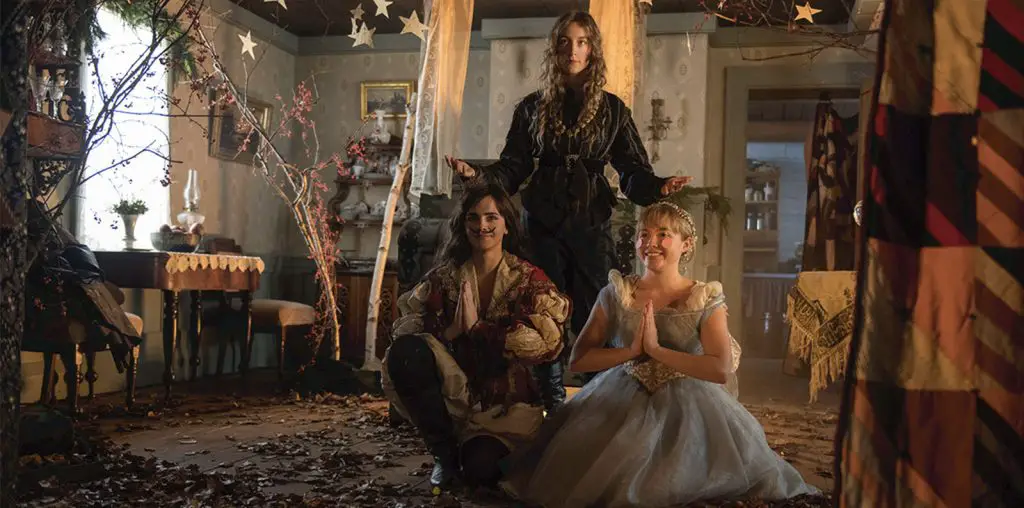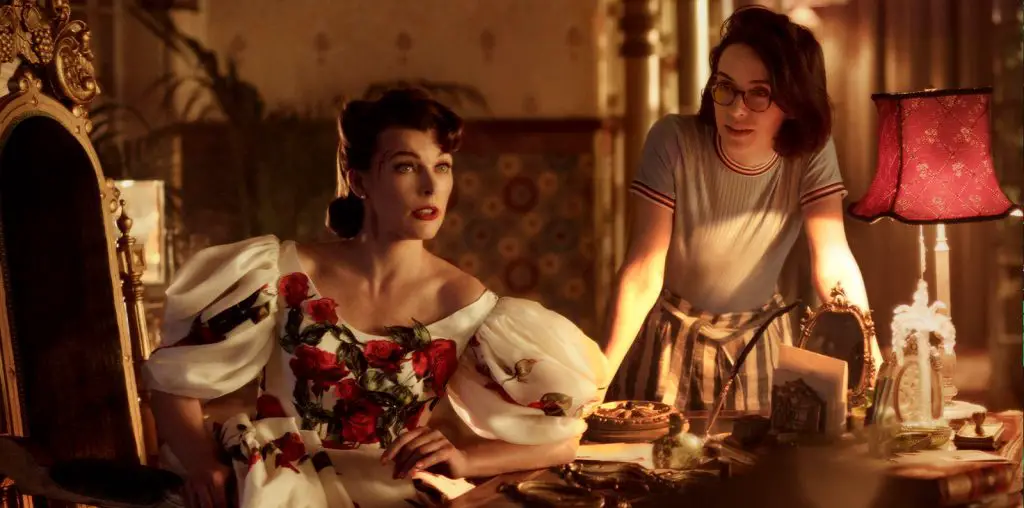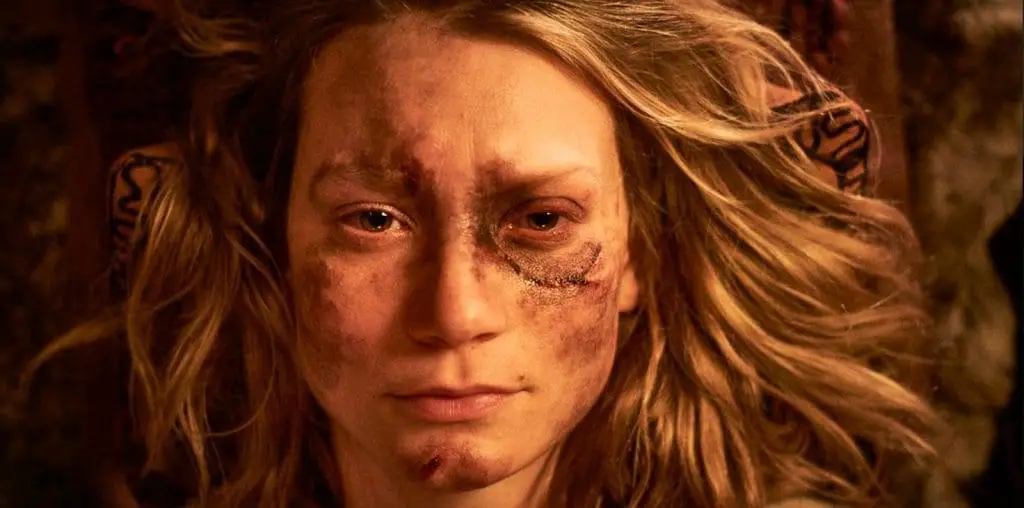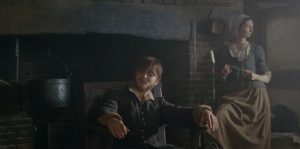
Thomas Clay’s mesmerizing, controversial, pitch-black, and oddly beautiful Fanny Lye Deliver’d is unique for many reasons. It takes place almost entirely on a small, extremely isolated farm. Extended sequences of characters exchanging verbal blows form the bulk of the narrative. When the sporadic violence does arrive, it’s uncompromisingly brutal. Clay disregards convention, imbuing his film with an otherworldly, transcendental aura, along with pertinent themes, consequently elevating the project into the realm of Art.
Fanny Lye Deliver’d is not for everyone, primarily for the reasons I mentioned. Jaded audiences, used to spelled-out themes and three-second shots that propel action-packed narratives, may very well be put off by the film’s almost-languorous rhythm. In that sense, it brings to mind Robert Eggers’ praised-by-critics/ misunderstood-by-audiences The Witch, which was also set in the 17th Century and dealt with a woman’s violent spiritual awakening.
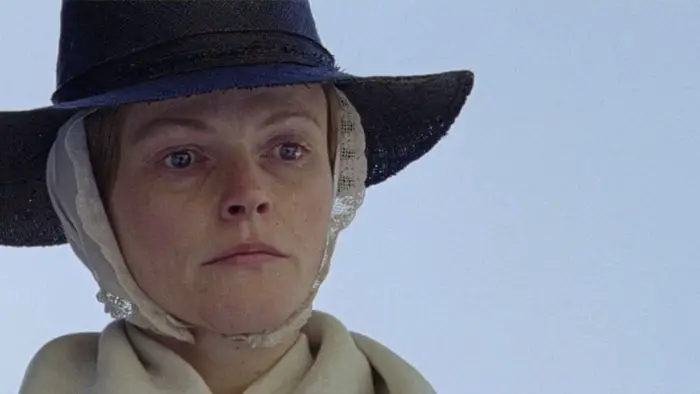
“… a naked young couple arrives…they beg for shelter…”
The year is 1657. The republic of England is ruled by the puritanical Oliver Cromwell. As the title card informs, “it was during this brief and violent time that our modern notions of personal, political, and sexual freedom were forged.” Clay then introduces us to his microcosm: a small farm in the county of Shropshire, presided by an oppressive patriarch, John (Charles Dance), his obeying wife, Fanny (Maxine Peake) and their son, Arthur (Zak Adams). Through Fanny’s eyes, Clay views the dreariness of a woman’s existence, the tyranny and suffering women were (and, arguably, are still) subjected to.
One day, a naked young couple arrives, shattering the glum monotony. Apprehended by authorities and stripped of their possessions, Thomas (Freddie Fox) and Rebecca (Tanya Reynolds, also the narrator) are pursued by a vicious sheriff (Peter McDonald) and his deputy (Perry Fitzpatrick) for blasphemous misdeeds, such as sex and debauchery. They beg for shelter, and John reluctantly agrees.
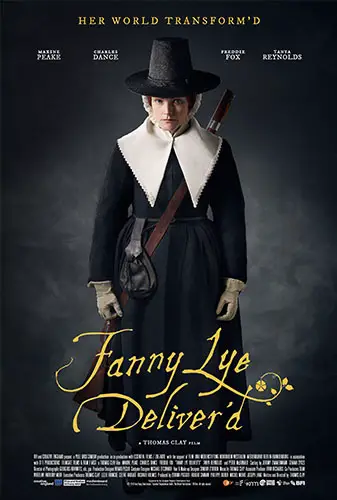
"…disregards convention, imbuing his film with an otherworldly, transcendental aura..."
